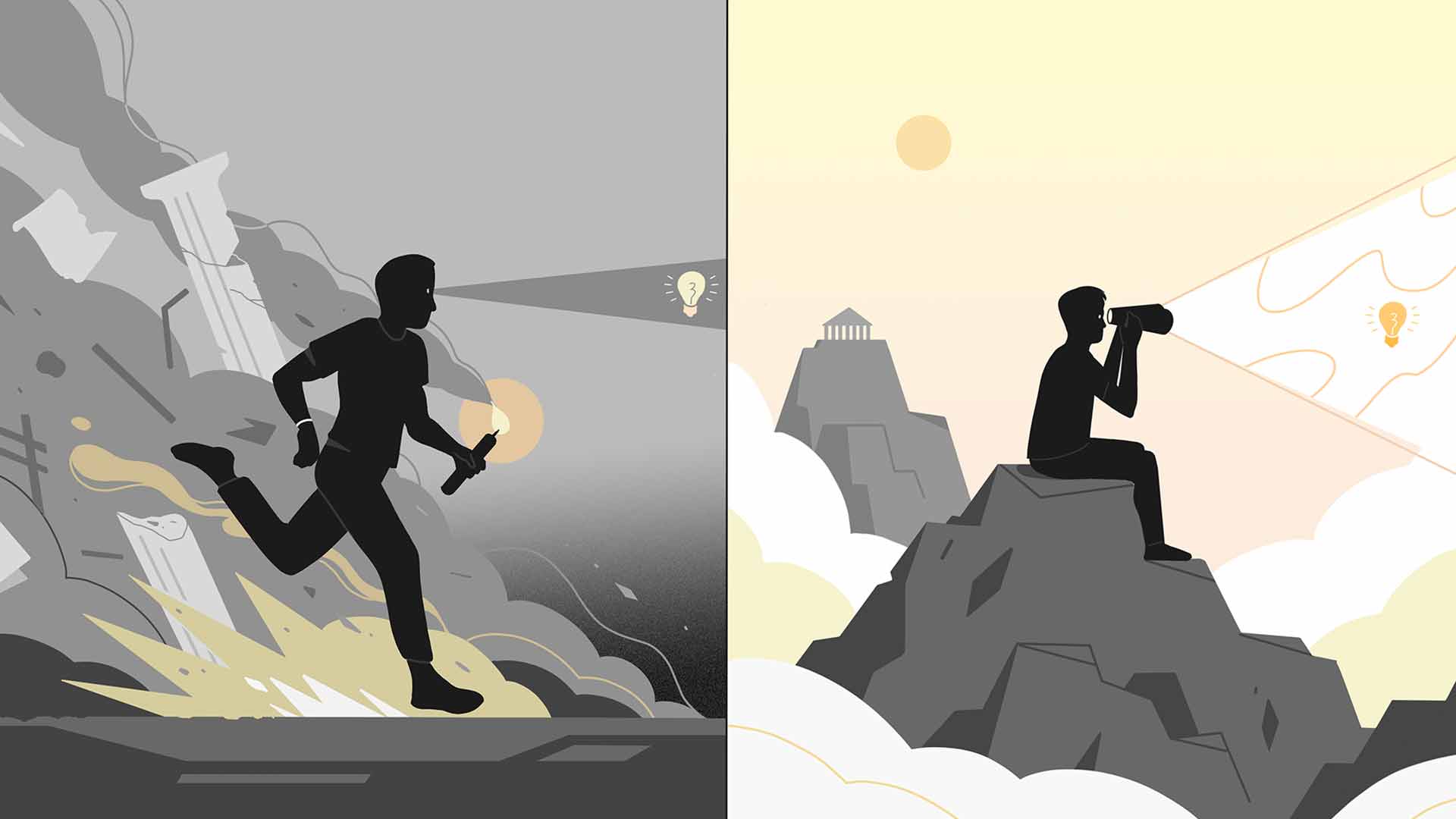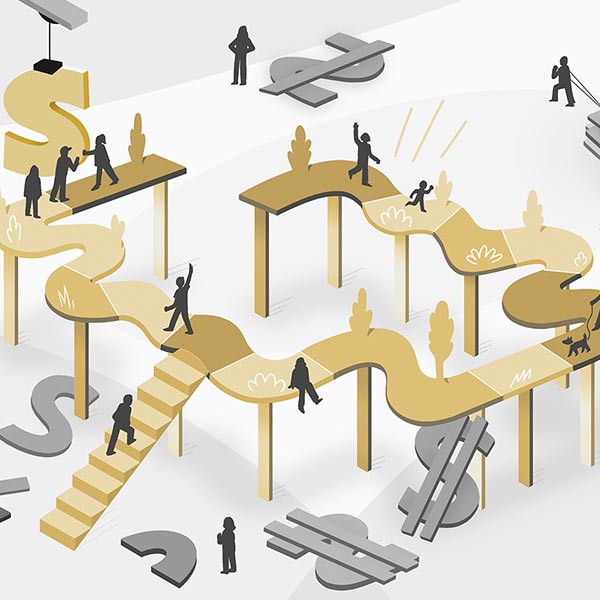
In collaboration with our friends at FNDR, we are excited to introduce FNDR’s Corner – a weekly series of business and cultural provocations that encourages everybody to think like a Founder.
“Being in beta.” What began as a developer’s specific term has become an ubiquitous attitude. From describing one stage of product development to inspiring a genre of business strategy that celebrated the art of not finishing anything: “building the plane as we’re flying it,” “faking it till we make it,” “test and learn” and “just ship it”. A philosophy that guarantees incompleteness and flaunts its experimental status is one that values uncertainty, adrenaline, the possibility of danger and a certain degree of f*ck you to the consequences.
As software eats our world, it munches on our vocabulary. “Being in beta” has become the dominant MO for many companies. It’s not just how they develop product, but how they view decisions around workers, safety, materials, diversity, environment, etc as other sets of product features that can be tweaked or removed. To see what happens. Everything as an A/B test.
“Being in beta” can be both exhilarating and rewarding. It lets companies experiment and iterate rapidly. Never settle. We accepted rapid iteration as a business strategy because we thought we understood the technologies and the landscape. We were experimenting in areas where it felt like the rewards were clear and the risks were low (music, gaming, conversations, porn – the stuff we do for fun). We thought there was little jeopardy, but making maps easier to navigate, apartments easier to rent, or people easier to meet didn’t always work out how we had imagined. We are all living through the unintended consequences of a series of MVPs and incomplete ideas.
The last twenty years we have been working with familiar tools – designing new applications for subsequent generations of microchips and microprocessors. The next decade’s emerging technologies – artificial intelligence, synthetic biology, advanced material sciences – are much stranger, and their applications in our lives more fundamental. Whether we’re developing precision medicine or designing social media, “being in beta” no longer feels like responsible strategy. Perhaps it’s time for business to be in meta.
Culture has gotten there already. The smartphone, drones, Zoom, and TikTok have allowed us to see ourselves as others see us, creating a stronger feedback loop between self perception, intention, and reality. Platforms like youtube and twitch meanwhile have complicated our distinctions between audience and creator making our reflections more than image – we see our effect. This along with a healthy dose of sincere irony, satire and comedy to lighten the mood, and bang, you have Meta Culture. At it’s best, it allows us to have an elevated and contextual view, to see where we fit in, to see our effects on others, to understand the feedback and connections between parts of our ecosystem.
Can business develop a similar sense of self awareness, even vulnerability?
To be ‘in meta’ is to be the most authentic version of your business. It’s about recognizing that your business is part of a larger system, and acting in a way that takes into account the welfare of the collective. It’s about being able to see your business as others see it, questioning the distinction between the C-suite, employee, and the consumer, and understanding its place in culture. It’s about valuing transparency, accessibility and accountability, so your business is consistent, whichever angle you examine it from.
FNDR works with the Founders of the world’s most transformative companies, bringing voice to Founders’ vision and defining culturally relevant, sustainable businesses. They are in direct conversation every week with the leaders who are building the next generation of business. They are fascinated by the shared themes and challenges seen across categories, and what it takes to lead a company intentionally.


